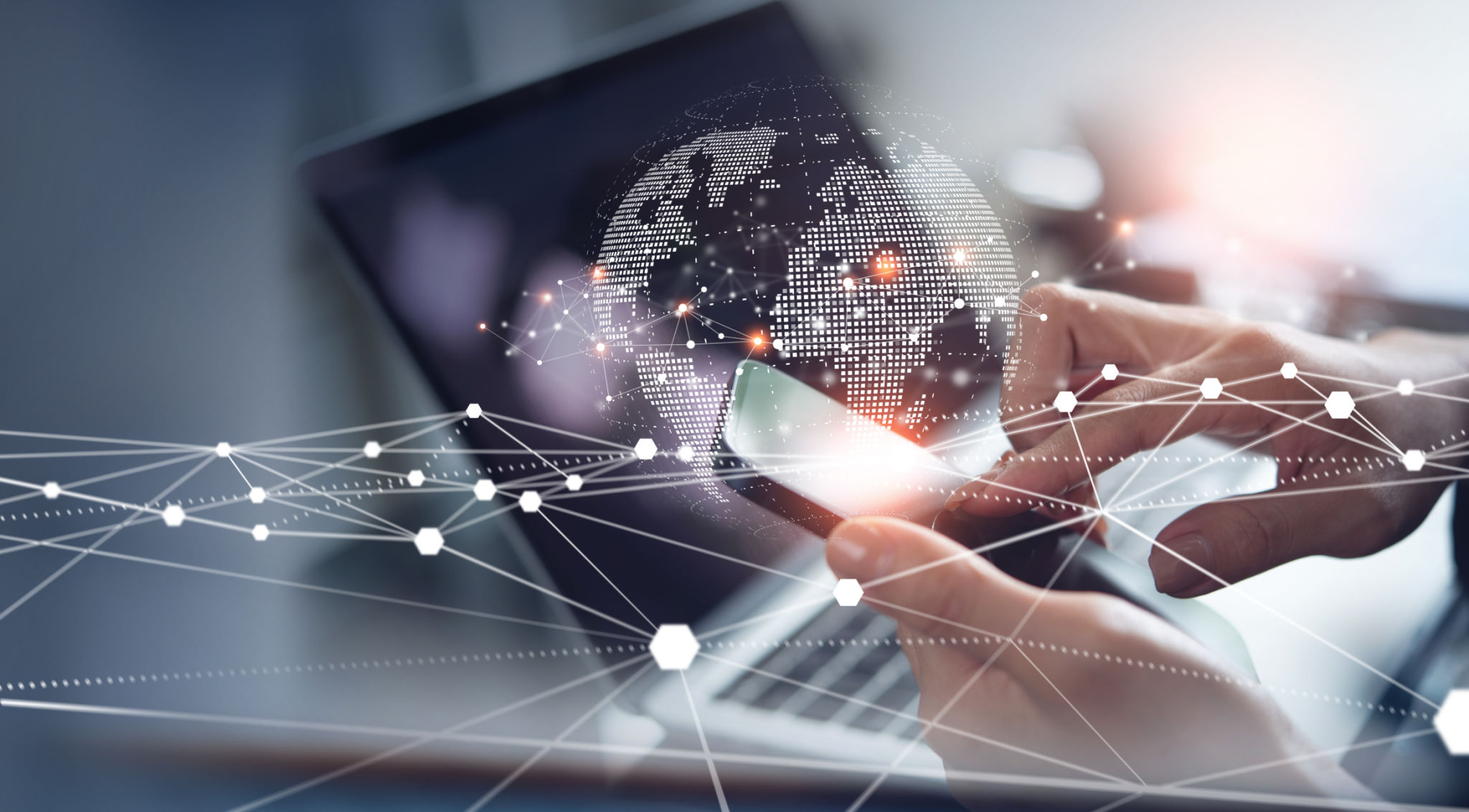Innovation in the Digital Age: Transformative Tech Trends
The Rise of Artificial Intelligence
In the digital age, few technologies have reshaped industries as profoundly as artificial intelligence (AI). From automating repetitive tasks to offering predictive analytics, AI is at the forefront of innovation. Businesses are leveraging AI to enhance customer experiences, optimize operations, and create new revenue streams. The integration of AI into everyday applications has led to smarter devices, revolutionizing how we interact with technology.

Machine Learning and Data Analysis
Machine learning, a subset of AI, plays a crucial role in data analysis. It allows systems to learn from data, identify patterns, and make decisions with minimal human intervention. This capability is transforming sectors like healthcare, where predictive analytics can foresee patient outcomes and suggest personalized treatment plans. Additionally, in finance, machine learning models are detecting fraudulent activities by analyzing transaction patterns in real-time.
The Internet of Things (IoT)
The Internet of Things (IoT) is another transformative trend driving innovation. By connecting everyday objects to the internet, IoT is facilitating seamless interaction between the physical and digital worlds. Smart homes, for example, are utilizing IoT devices to control lighting, security, and appliances remotely, enhancing convenience and energy efficiency.

Smart Cities and Infrastructure
Beyond individual homes, IoT is playing a pivotal role in the development of smart cities. With sensors embedded throughout urban environments, cities can monitor traffic flow, air quality, and energy consumption in real time. This data-driven approach enables city planners to make informed decisions to improve urban living conditions and sustainability.
Blockchain Technology
Blockchain technology is redefining the landscape of digital transactions and data security. Initially known for its role in cryptocurrencies like Bitcoin, blockchain's potential extends far beyond digital currency. Its decentralized nature ensures transparency and security, making it ideal for applications in supply chain management, healthcare records, and even voting systems.

Decentralized Finance (DeFi)
One of the most significant applications of blockchain is decentralized finance (DeFi). DeFi platforms are enabling financial transactions without the need for traditional banks or intermediaries. By utilizing smart contracts on blockchain networks, users can access financial services such as lending, borrowing, and trading with greater transparency and lower costs.
5G Connectivity
The advent of 5G technology is set to revolutionize connectivity by providing faster internet speeds and more reliable connections. This leap in communication technology is enabling innovations across various sectors, from augmented reality (AR) and virtual reality (VR) applications to autonomous vehicles. With 5G, businesses can harness real-time data processing capabilities to offer enhanced user experiences.

Impact on Healthcare and Education
In healthcare, 5G's low latency and high-speed connectivity are paving the way for remote surgeries and telemedicine advancements. Patients can receive timely consultations and treatments regardless of their location. Similarly, in education, 5G is facilitating immersive learning experiences through AR and VR platforms, bringing classrooms to life with interactive content.
- Artificial Intelligence
- Internet of Things
- Blockchain
- 5G Connectivity
- Enhancing Customer Experience
- Optimizing Operations
- Creating New Revenue Streams
- Improving Urban Living Conditions
As these transformative tech trends continue to evolve, they offer promising opportunities for innovation across industries. Embracing these technologies will be crucial for businesses aiming to stay competitive in the digital age.